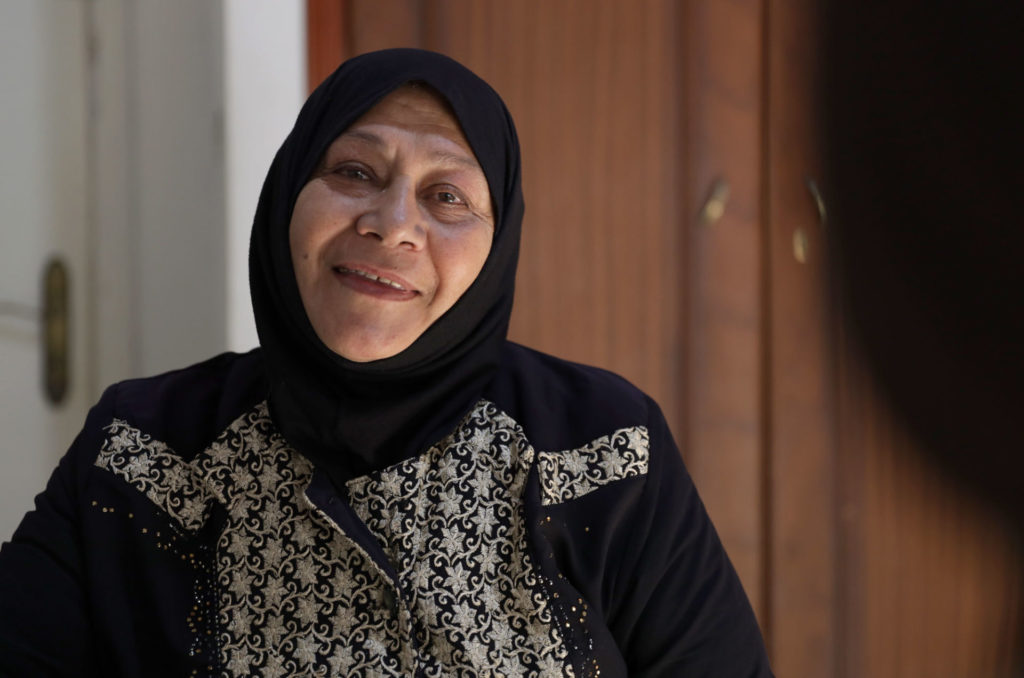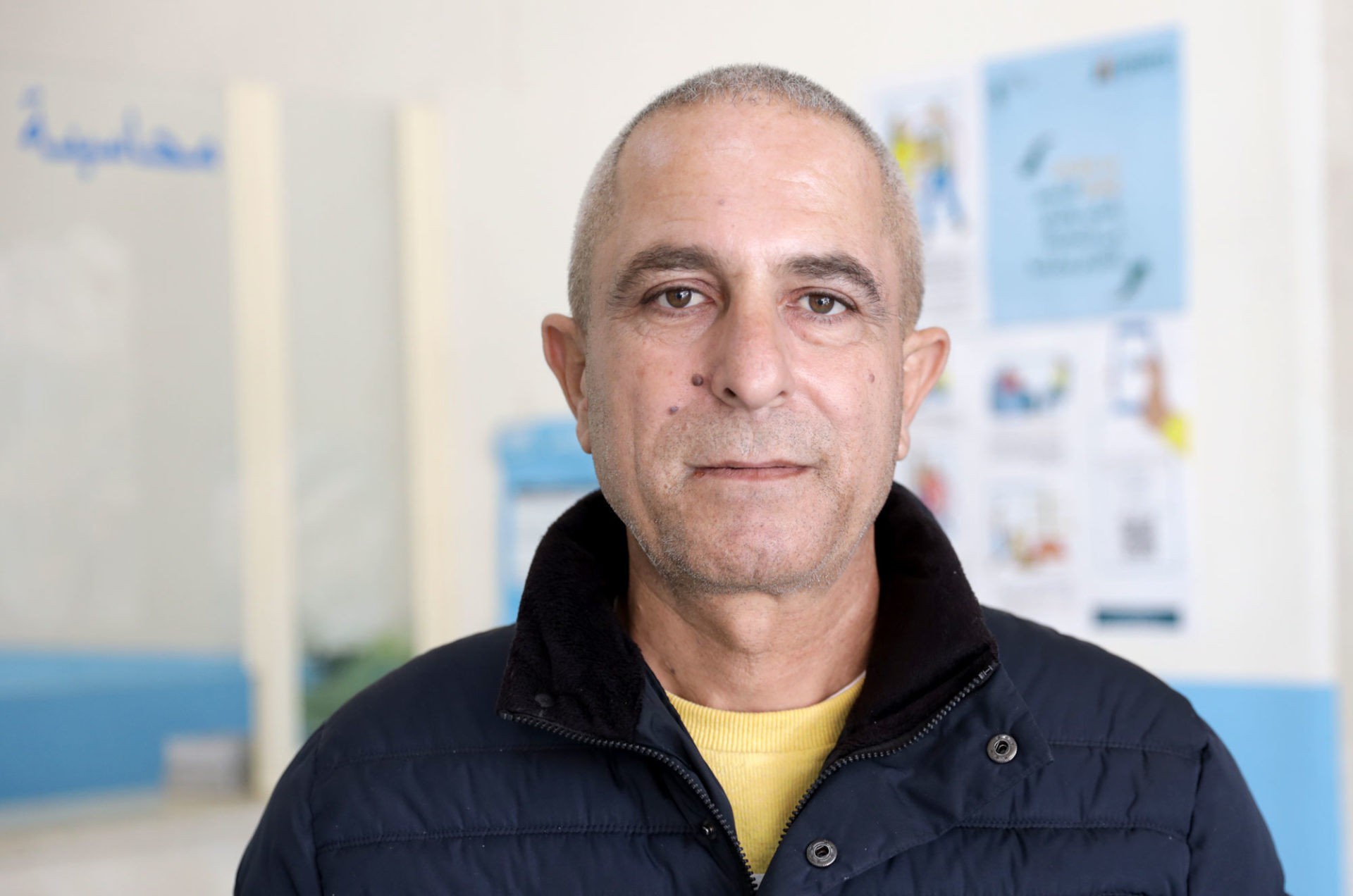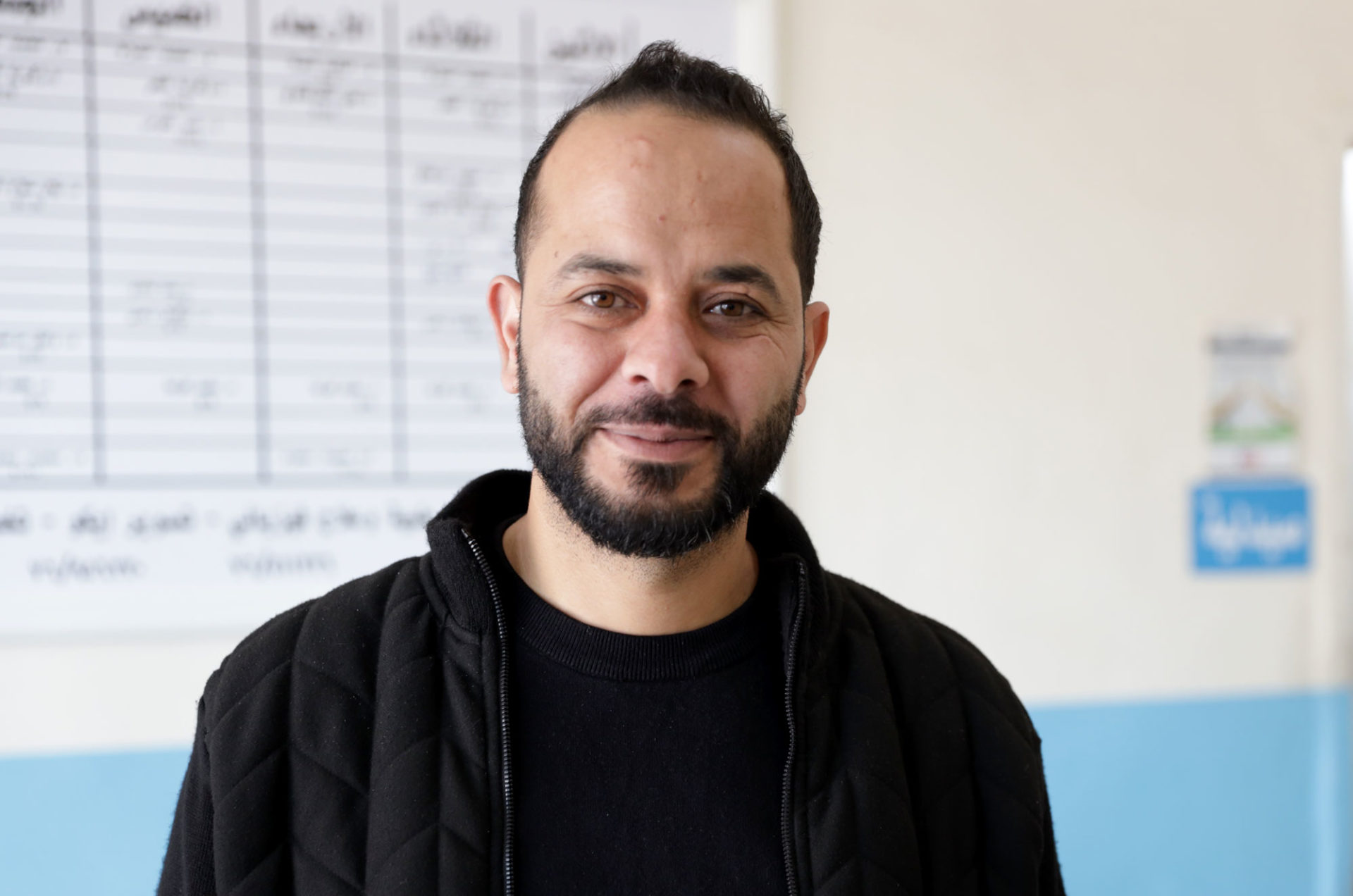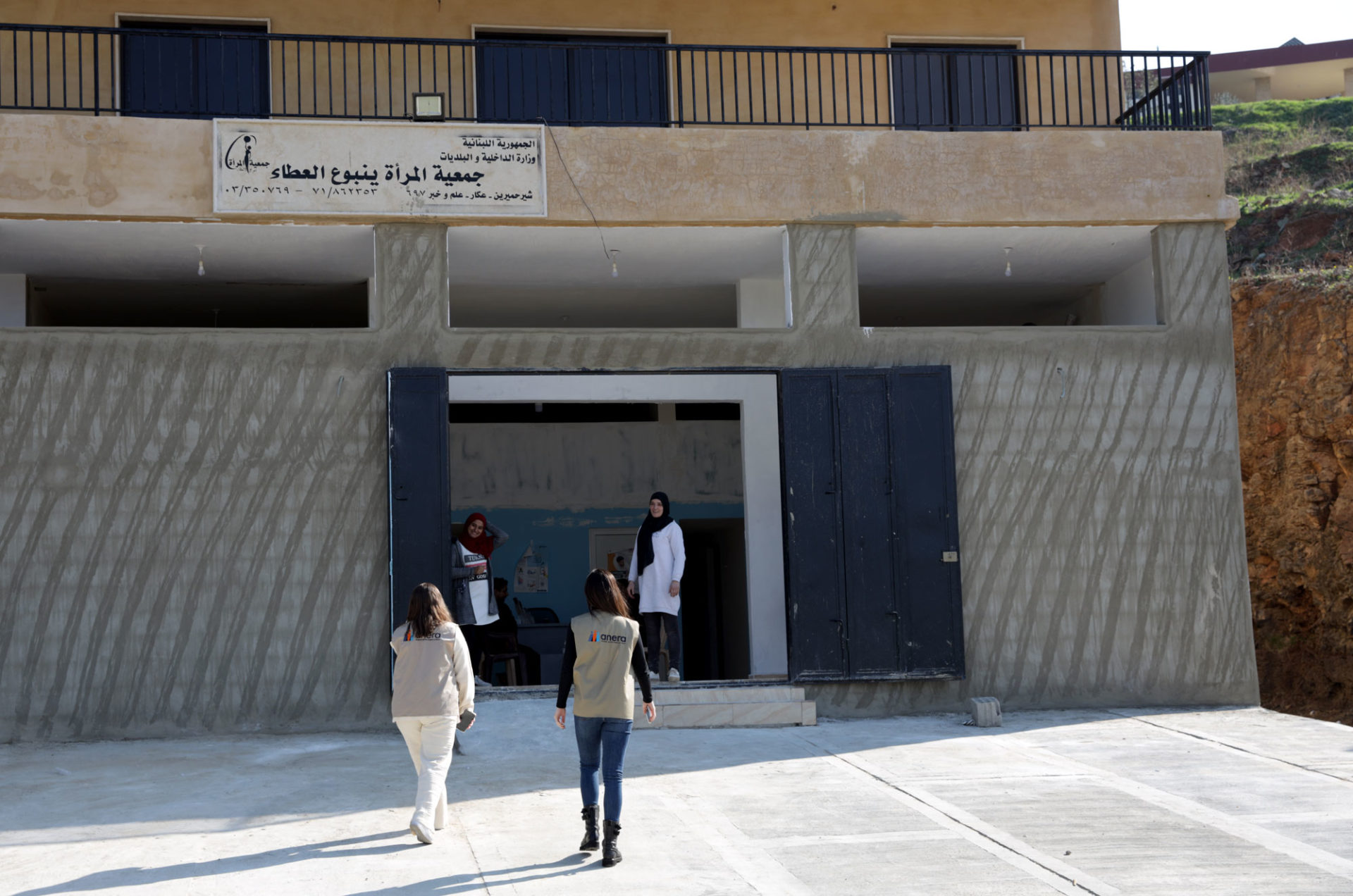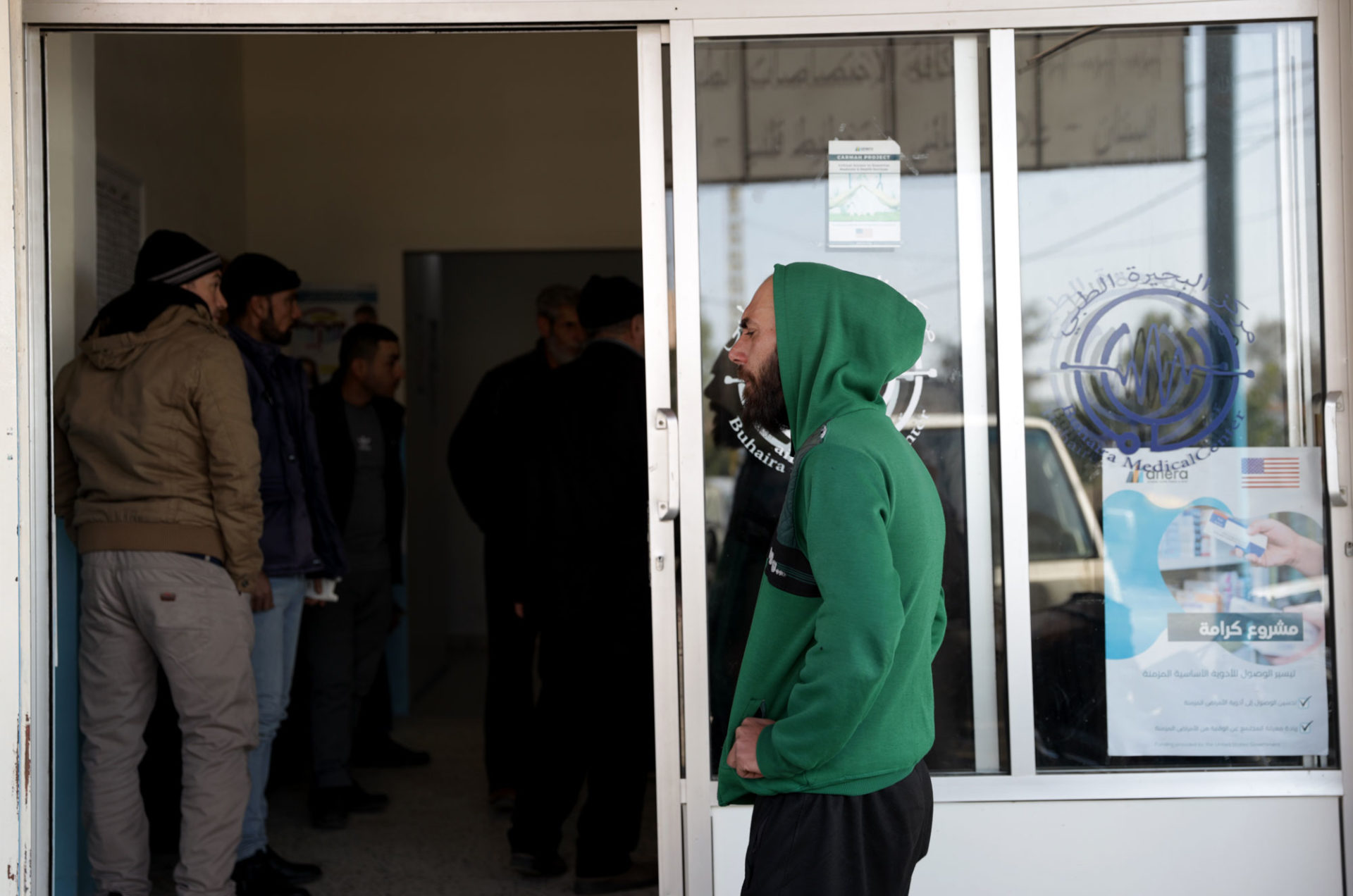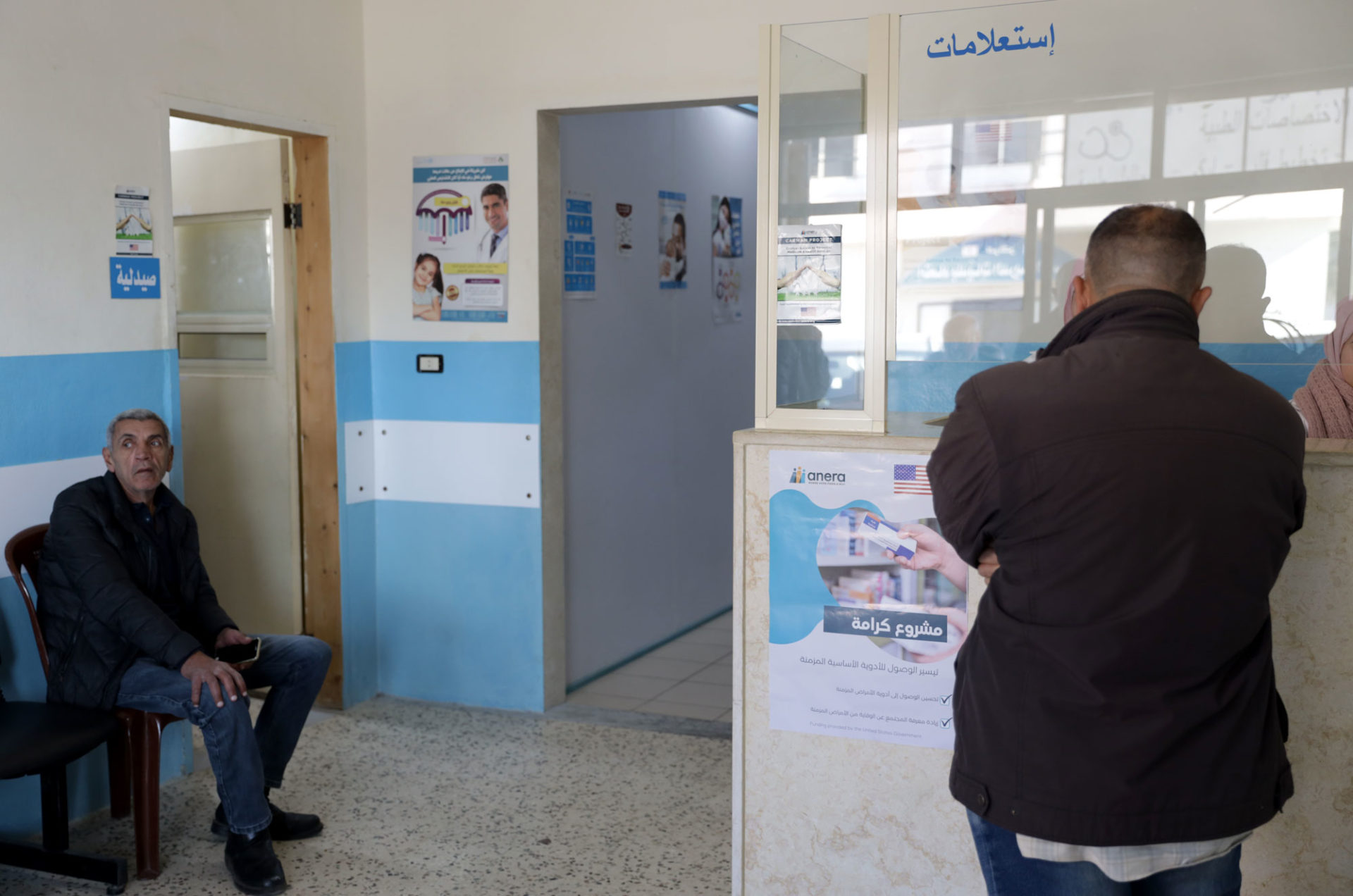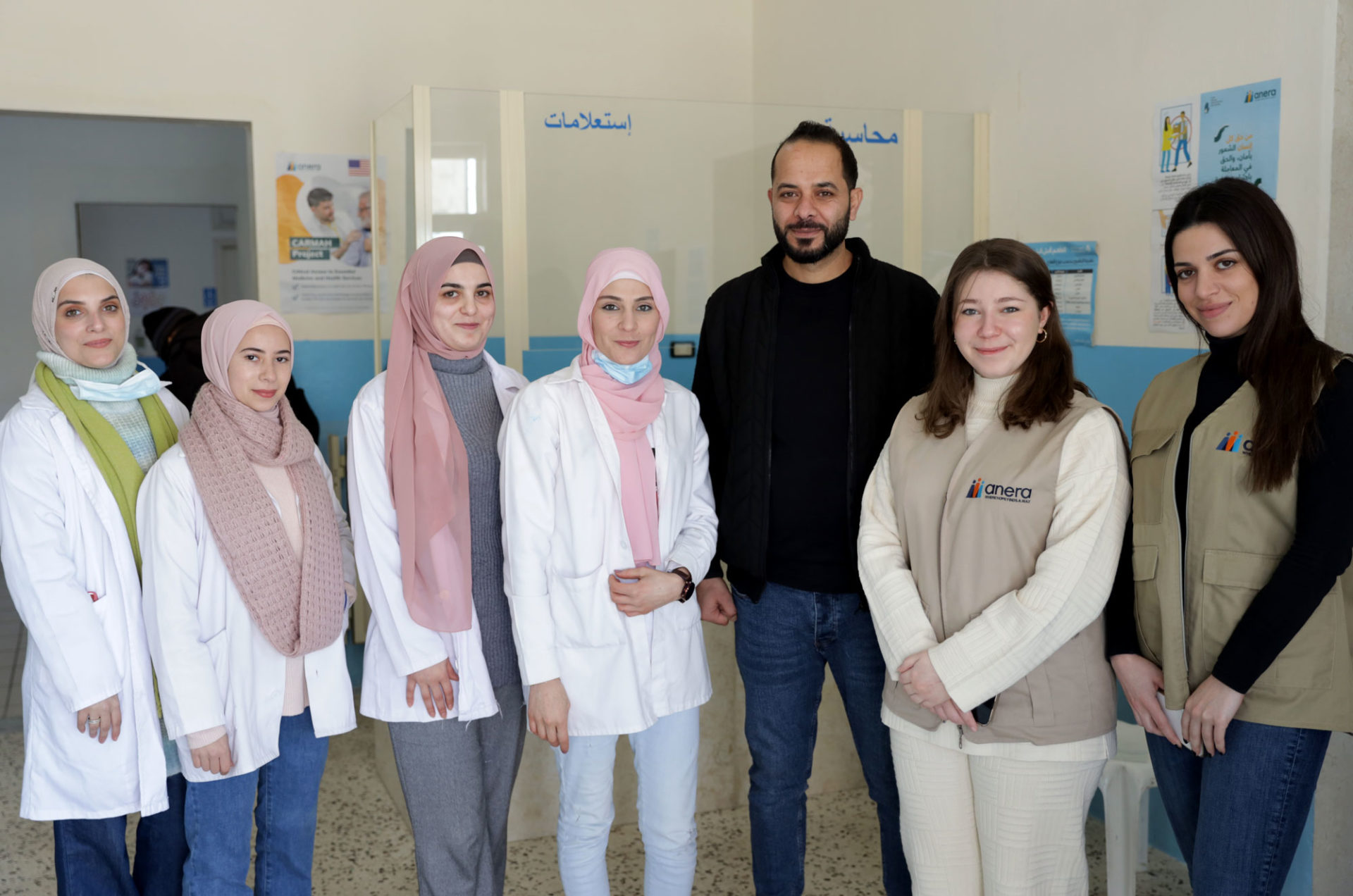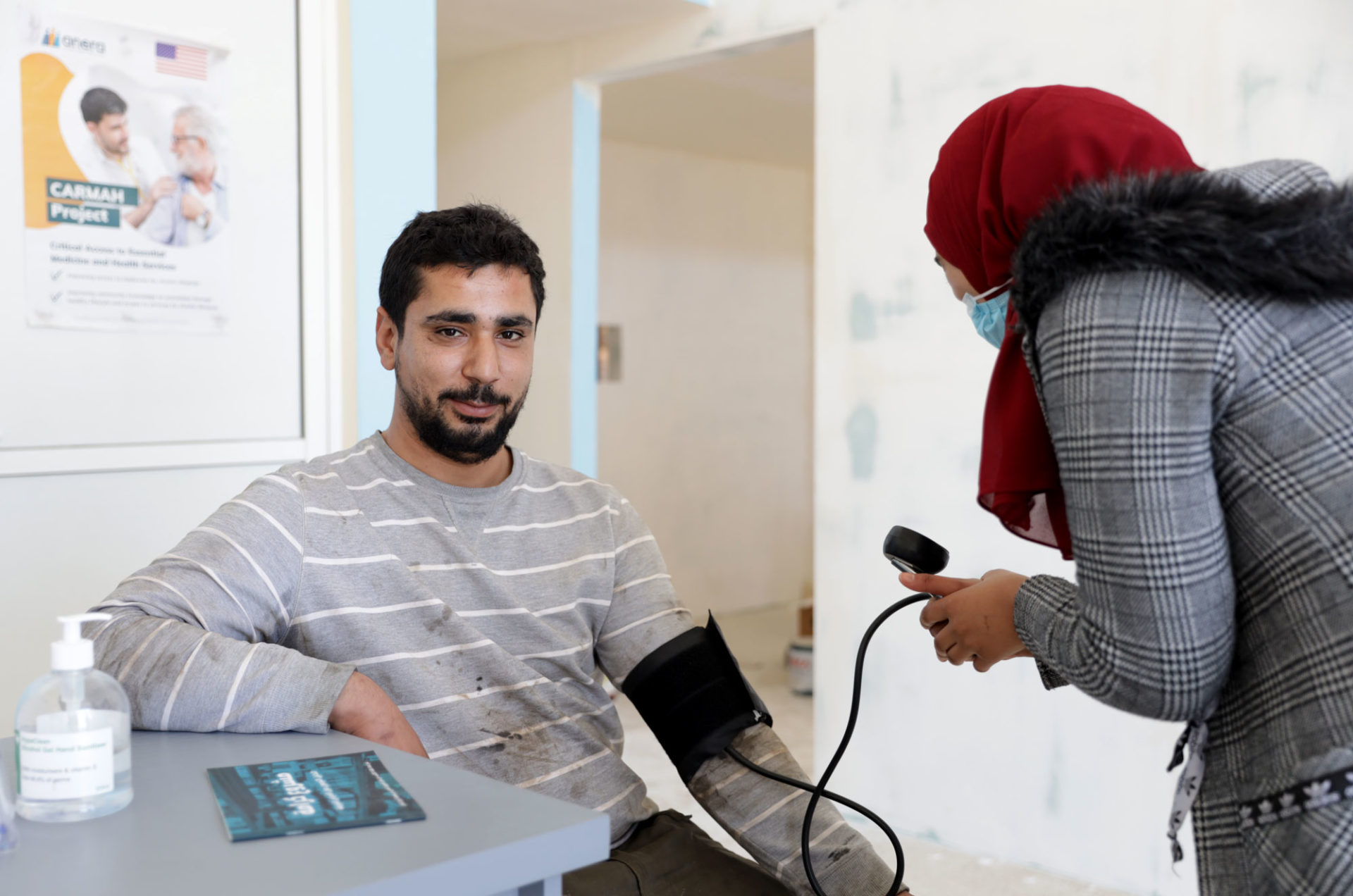Mar, 2023
CARMAH Program Provides Medical Support as the Unprecedented Socioeconomic Crisis Exposes Vulnerable Populations to Health Risks
With the economic collapse and enormous inflation in Lebanon, a considerable portion of the population is experiencing financial difficulties. Many people suffering from chronic diseases are forced to interrupt their medical treatment either because their medicines are out of stock or because they have become too expensive.
Anera's project CARMAH is funded by the government of the United States Department of State through its Bureau of Population, Refugees, and Migration (PRM). Anera distributes essential medications for chronic diseases to more than fifty medical centers across Lebanon, serving vulnerable populations from different nationalities including Lebanese host community members and Syrian refugees. This project directly addresses the financial dignity of people, allowing them to access essential medications so that they can focus on putting food on the table.
Sabah, a 63-year-old Syrian woman and her husband are currently benefiting from CARMAH’s project.
“To be honest, if we hadn't received the medicines from CARMAH, I wouldn't have even thought of buying them as their prices have skyrocketed, and we can no longer afford them,” Sabah said.
She suffers from multiple chronic medical conditions including heart disease and eye stroke. Before learning about CARMAH project, her health condition got deteriorated as she was unable to afford medication.
"For the past three years, I've lived in agony — not taking my medications because I couldn't afford them most of the time," Sabah added.


"For the past three years, I've lived in agony — not taking my medication because I couldn't afford it most of the time."
Jean, is a 50-year-old Lebanese freelance electrician. His work and health condition got deteriorated with the deepening of the socioeconomic crisis during the past few years. "For the past three years, I've been suffering from high blood triglyceride and sugar levels, which requires a lifetime medical treatment” Jean said.
He expressed his gratitude for the care he is receiving at CARMAH center. "The only thing keeping the inhabitants of the countryside on their land, now that the Lebanese State has abandoned them, is food and health assistance from charitable organizations."
CARMAH’s impact is immense because it targets a huge gap in access to essential needs.
Zakaria Khoder is a cardiologist and the director of Al Buhaira Medical Center in Kouachra, a small village close to the Syrian border. He says “In this center, the CARMAH project benefits more than 800 people from the village and neighborhoods."
The project is popular because it alleviates the burden of transportation costs on the beneficiaries and ensures access to medicines through multiple health care centers.
Heart diseases and diabetes, in their various forms, are the two most prevalent diseases in Lebanon today, and these are tackled by CARMAH in addition to other overpriced medications that cost around 2 million Lebanese pounds per unit. "The CARMAH project is a source of joy and psychological comfort for individuals at a time when melancholy overwhelms our daily lives," he added.
CARMAH is currently contributing to 87,000 people’s health and wellbeing all over Lebanon. Since the beginning of the project, the health centers in partnership with Anera, have disseminated more than 15 million defined daily doses for their patients.



